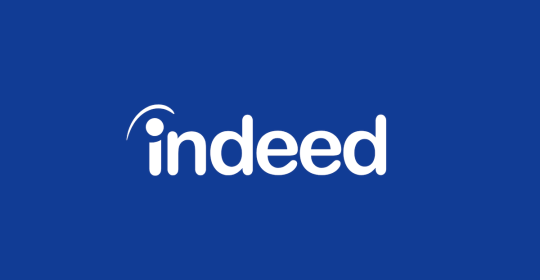Things have moved on since the billionaire tweeted in jest his interest in owning the platform. His direct changes are now hitting home and many people are considering leaving Twitter to join a new social media platform. Whether you use social media to follow the news, engage in conversations with people online, follow your favourite sports stars or even look for instant withdrawal casinos in the UK, Twitter’s reign may be coming to an end. Those that do seriously look for an alternative to Twitter are currently faced with the obvious choices of the other well-established platforms, but they all have a different purpose to Twitter. Those with a similar ethos and platform to Twitter are somewhat limited, especially when it comes to the number of platform users and contributors.
Mastodon
The upheaval with Twitter has led more people towards Mastodon than any other platform. Mastodon is an open and decentralised alternative to Twitter. Named after a prehistoric mammoth, the platform resembles twitter with the expected political comment, hashtags, celebrities and the usual type of content you would be forgiven for thinking was Twitter. The platform touts itself on the virtues of free speech, to this end; it has no central company like Meta or Twitter at the helm. Instead, Mastodon is run primarily by volunteers who have formed a network of computers and servers on which the platform runs. Mastodon is tiny compared with Twitter, In a recent “toot”, (Mastodon's equivalent to a tweet), their programmer and developer, Rochko recently said, "We've hit 1,028,362 monthly active users across the network today,". Although for an up-and-coming platform, this is a healthy figure, in terms of Twitter’s 238 million users each day, it is barely anything. At this stage, however, Mastodon does provide the most viable of all the Twitter alternatives currently available and Elon Musk has himself ensured there is enough interest in other platforms to give Mastodon a chance.
BlueSky
Like Mastodon, BlueSky is a decentralised platform but this time one created by Jack Dorsey, the co-founder of Twitter. Again an open-sourced network which will probably offer the most twitter-like experience of all the parent's rivals. Very unlike the corporate behemoth that is currently jostling for financial stability, BlueSky is a not-for-profit venture. It is structured in such a way as to not be vulnerable to bankruptcy as each individual forming its network owns their own data.
The platform is yet to be released to the general public; however, you can register on their website for beta access when it becomes available.
One difference the platform will bring to social media is the portability of your own account and its data. BlueSky users will be able to publish posts on various social media platforms, although it still remains unclear which of the big platforms will be cross-compatible.
What is known is that each post will be limited to 500 characters, a little higher than the 280 offered by Twitter.
The project managed by Dorsey has announced it has 30,000 preregistrations for the beta platform. It is very early days for the project and BlueSky themselves are scant in their own announcements, but it is anticipated for release towards the end of 2022, or into 2023.
With the platform's approach of not verifying users, scams or other issues may be a problem for the platform in the future.
CounterSocial
CounterSocial markets itself differently to the other social media platforms, championing zero tolerance towards internet trolls, automated bots or hostile nations itself as having a “zero-tolerance stance” to trolls, bots and “hostile nations.”
The platform takes an almost brutal approach to these issues that have long plagued big names like Twitter and Facebook. The platform offers zero tracking but does monitor traffic for offensive material while maintaining enhanced privacy and security for your data.
The platform has banned whole countries like China and Pakistan due to its ongoing concerns of foreign coercion or interference.
The platform offers an unusual view of world affairs with constantly updated feeds taken from sources like BBC World News and Al Jazeera.
The platform is somewhat reminiscent of Twitter's “Tweetdeck” app, although not all the features of the platform are available for free. Even basic features like a profile page you can link to are firmly behind a paywall.
This news feature can be a little overwhelming, but the platform allows you to limit what you see and tailor the experience to your own tastes.
CoHost
CoHost is a very small venture, with a team of 3 developers and a creative attitude. The CoHost website is basic but does offer a more intrepid user the ability to add features with CSS coding. The platform has no app as yet, but for those with a need for something a little more creative, CoHost is one to watch. The platform recently tweeted they were close to 40,000 users and nearing financial stability. Clearly, they have a lot of ground to cover and only time will tell if they succeed to become a viable Twitter alternative.
The Future
It is early days for Elon Musk’s leadership of Twitter, but the touchpaper is lit and has ignited a need for a viable alternative to the giant platform. The next few years will see how the competition weighs up and if they can gain a critical mass of users to ensure their longevity. Of course, people are known to like the familiar and as such, there is every chance that the controversy will blow over and everyone will stick to sending tweets. A big part of this will depend on what changes Elon does introduce and which changes stick around. He has already tweeted that not all ideas they implement will work long-term, so it remains to be seen what changes will stay and which ones Tweeters will be happy with.






